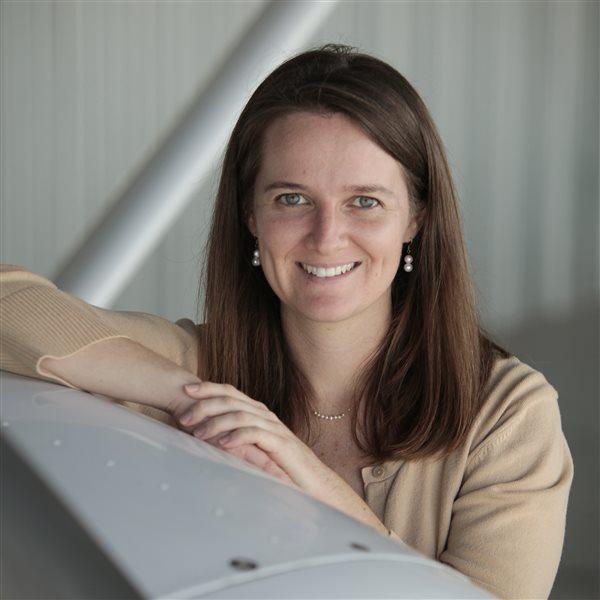300 schools to use You Can Fly aviation STEM curriculum
High school aviation STEM symposium to bring educators together in November
The AOPA Foundation You Can Fly High School Aviation STEM Curriculum is quickly being adopted at schools across the country, with 300 educational institutions in 44 states scheduled to use the curriculum in the 2021-2022 school year.
That represents a 50-percent increase in the number of schools and a 22-percent increase in the number of states in which the curriculum will be taught compared to one year ago, when 200 schools in 36 states provided it for 8,000 students.
The science, technology, engineering, and math curriculum features two pathways, pilot and drone. Once students have completed the curriculum, they have learned the principles necessary to pass FAA knowledge tests. The curriculum is funded by donations to the AOPA Foundation and is provided free to schools. Because of this, AOPA is reaching students from populations that are underrepresented in aviation. In the 2020-2021 school year, teachers and students from mid-high and high-poverty schools accounted for 45 percent and 55 percent of participants, respectively. In addition, 20 percent of the students were female, and 45 percent of the students were people of color.
“The program’s leadership in providing academic rigor and career preparation is evident in its impact at the state and national levels,” said Tennyson.
This summer, the curriculum earned the prestigious STEM.org Accredited Educational Program Trustmark. STEM.org is a STEM education research and credentialing organization that has given trustmarks to companies including The Walt Disney Co. and The New York Times.
In addition to receiving national accreditation, the curriculum is also backed by state education departments, helping to fuel its growth. Oklahoma approved the curriculum statewide for its career technical education (CTE) aviation career pathways, while Kansas career and technical education developers worked with the You Can Fly team to create a statewide CTE pilot pathway. The curriculum also can count as college credit at Florida’s Polk State College and Oregon’s Portland Community College as well as many other colleges and universities across the country.
AOPA trains and mentors educators who enroll to teach the curriculum through professional development workshops, ongoing teacher support, and peer interactions. One of the upcoming valuable professional development opportunities is through the 2021 AOPA Foundation High School Aviation STEM Symposium presented by Boeing. The symposium takes place November 14 through 16 in Orlando, Florida, and is a perfect way to learn about the curriculum and delve deeper into aviation STEM education. Schools that might be interested in offering the curriculum in a future year should attend the symposium to network with educators who use the curriculum, learn about career opportunities from aviation industry experts, and gain valuable insight into how the program changes students’ lives.
Those who want to offer the program in the 2022-2023 school year can look forward to the availability of seven full-year high school courses in the two pathways.



